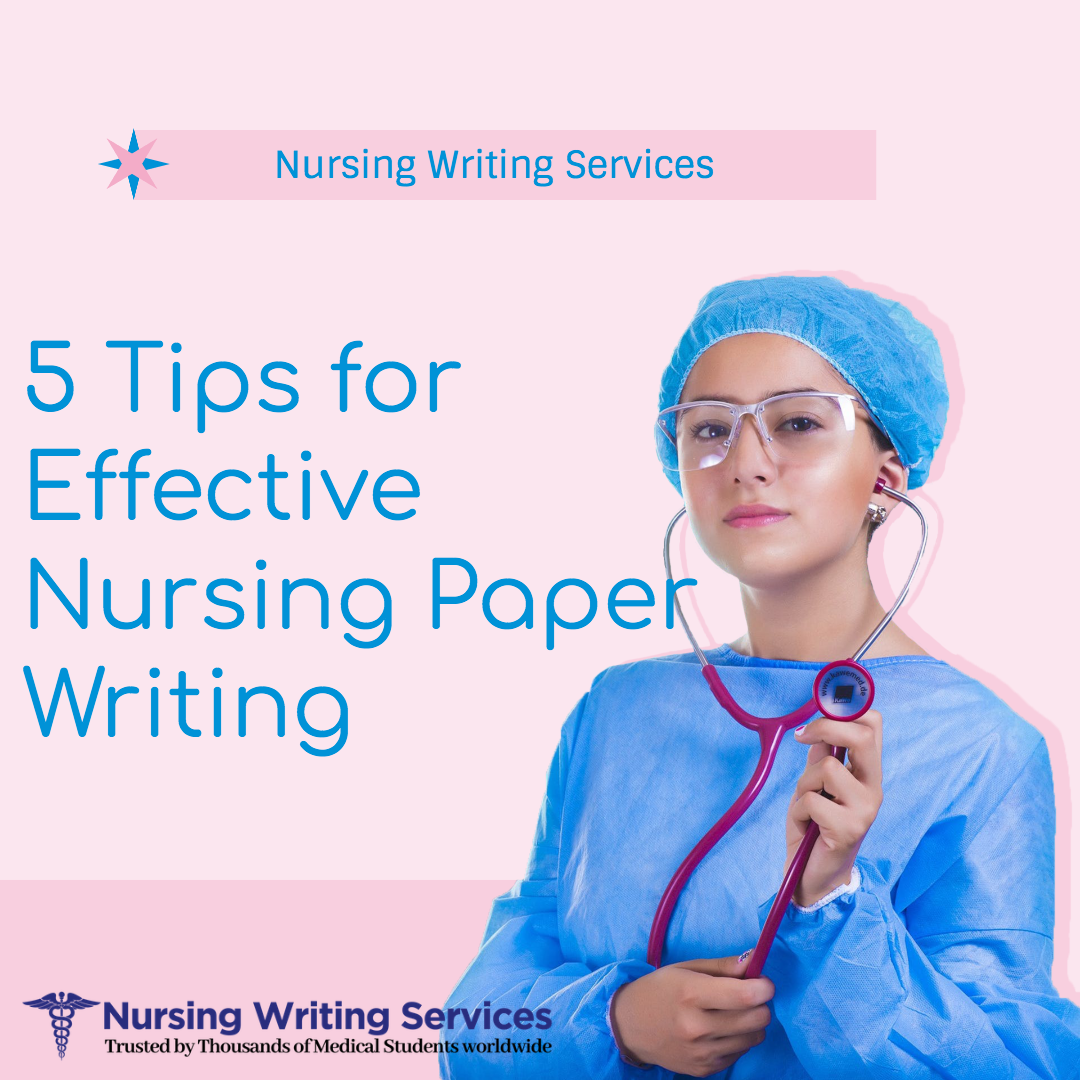
5 Tips for Effective Nursing Paper Writing
Introduction:
As a nursing student, you are likely to face several writing assignments that require a high level of proficiency in academic writing. Writing papers that meet the high standards of your nursing program can be challenging, but it's a critical skill that can help you succeed in your academic and professional pursuits. In this blog post, we'll provide you with five tips that can help you write more effective nursing papers and achieve better grades.
1: Understand the Assignment Requirements
Before starting your paper, it's essential to understand the assignment requirements thoroughly. Knowing what your instructor expects from you can help you craft a paper that meets their expectations. Read the assignment instructions carefully and take note of any specific guidelines, such as the required length, formatting style, and sources to be used. If you have any questions, don't hesitate to ask your instructor for clarification.
2: Develop a Strong Thesis Statement
A thesis statement is the main point or argument that you will be making in your paper. It's a crucial element of academic writing, and developing a strong thesis statement can help you stay focused and ensure that your paper has a clear and concise message. Your thesis statement should be specific, relevant to the topic, and debatable. It should also be supported by evidence from credible sources.
3: Conduct Thorough Research
To write an effective nursing paper, you need to have a good understanding of the topic and the relevant literature. Conduct thorough research to find credible sources that support your thesis statement. Use academic databases, scholarly journals, and other authoritative sources to gather information that is relevant to your topic. Remember to keep track of your sources and cite them correctly in your paper.
4: Organize Your Paper Effectively
Organizing your nursing paper is critical to presenting your ideas in a clear and logical manner. A well-organized paper should have a clear introduction, body, and conclusion. Your introduction should grab the reader's attention and provide an overview of the topic. The body of your paper should include evidence that supports your thesis statement, while the conclusion should summarize your main points and restate your thesis statement.
5: Edit and Proofread Carefully
Editing and proofreading your nursing paper is essential to ensure that it's error-free and well-written. After completing your paper, take some time to read through it carefully and make any necessary changes. Look for grammatical errors, typos, and other mistakes that could detract from the quality of your paper. You can also ask a friend or colleague to read your paper and provide feedback.
Conclusion:
By following these five tips, you can write more effective nursing papers that demonstrate your knowledge and expertise in the field. Remember to understand the assignment requirements, develop a strong thesis statement, conduct thorough research, organize your paper effectively, and edit and proofread carefully. With these tips in mind, you can improve your academic writing skills and achieve better grades in your nursing program.

